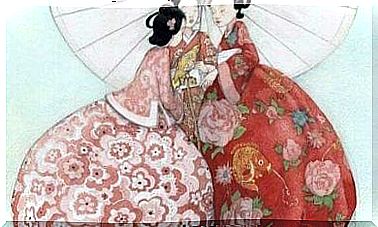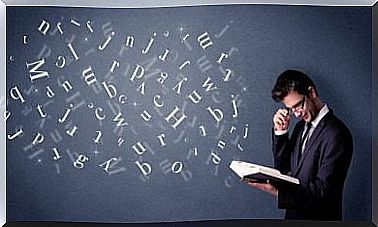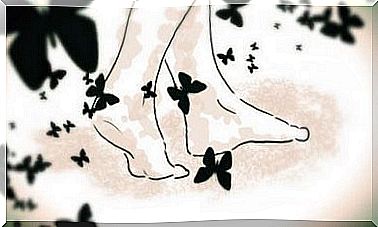Corruption Starts With Ordinary People
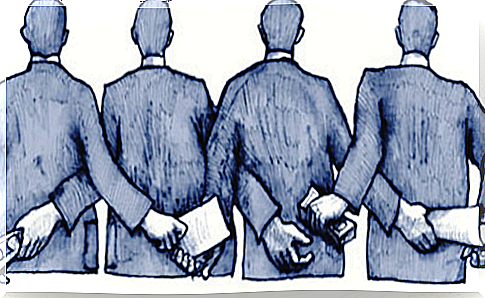
Complaining of corruption seems to have become commonplace. We never stop marveling at the lack of decency shown by many people in power, especially politicians. Every day the newspapers report new cases and we all have a feeling that this is just the tip of the iceberg.
Corruption is highly harmful to society. It implies a breaking of the pact underlying any society: the law. It also implies the occurrence of a perverse action, which transforms everyone into passive victims of harm. It seems even more perverse when you consider that many of the corrupt people steal money they don’t need, driven mostly by the asocial pleasure of taking advantage of others.
All this is a source of profound indignation. However, there are also other types of corruption that are not much talked about. It is that of ordinary citizens, who also reason according to this logic, albeit on a very small scale.
The law and corruption
The law places limits and obligations on everything that is inscribed in a company. You may not agree with the law. This is, in fact, one of the great forces that move history: the debate about what the law proposes. From these controversies sometimes new laws are born, and others are repealed, or the old and the new are mixed.
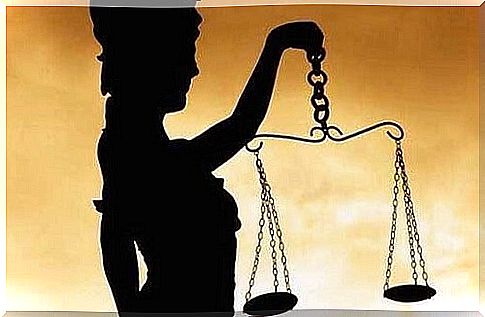
When you disagree with the law, there are various ways of resolving the matter. Starting from civil disobedience up to the revolution, passing through the political debate. No one is required to blindly obey the law. But unless the consequences are too serious on a personal level, as long as the law is in force, there is nothing left for us to do but respect it, until it can be changed.
Corruption arises when duties and obligations arise parallel to those enshrined in the law. These obligations, unlike the legal ones, are oriented towards the pursuit of the individual good, totally ignoring the common good. Any dynamic that implies a gain for the single individual becomes legitimate. The rights of others are ignored, indeed strangers are seen as means, or sometimes obstacles, for achieving the goals of individuals. In other words, they count for nothing. The logic of corruption is the interest of the individual.
The citizen and corruption
One wonders if it is only politicians, or men of power, who do everything to benefit themselves at the cost of violating the rights of others. If we examine some everyday situations, it is possible to observe how many people reason according to the same logic. Respecting the law and giving up personal gains for the sake of the common good is not a very widespread practice.
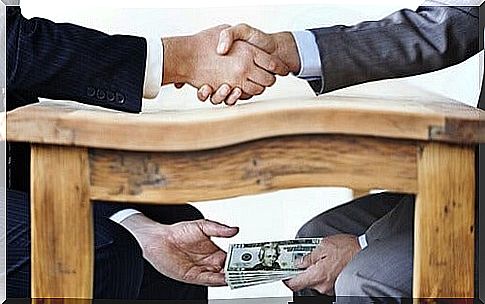
On the contrary, the conduct that asserts itself with ever greater force is individualism. In some societies this situation is taken to the extreme. Laws become waste paper. The norms of the less scrupulous are imposed. The law is only adhered to when someone is in control. Corruption invades people’s lives through seemingly insignificant gestures such as skipping the line or taking advantage of one’s friendships to obtain privileges.
Perhaps this is precisely why the great acts of corruption continue to perpetuate themselves. After all, these attitudes are tolerated by a whole society, which instead of denouncing them decisively, takes them as an example for its own conduct. Or he simply becomes a passive witness so as not to complicate his life by trying to intervene to try to set limits.
But in addition to the political and economic damage caused by corruption, it is the downfall of culture. Social ties deteriorate as a result of corruption, trust is lost and the sense of authority begins to falter.
At this point, civil behavior is called into question. In practice, it is the law of the strongest that comes into effect. If you go that far , what should be a society ends up turning into a horde of people advancing aimlessly.

